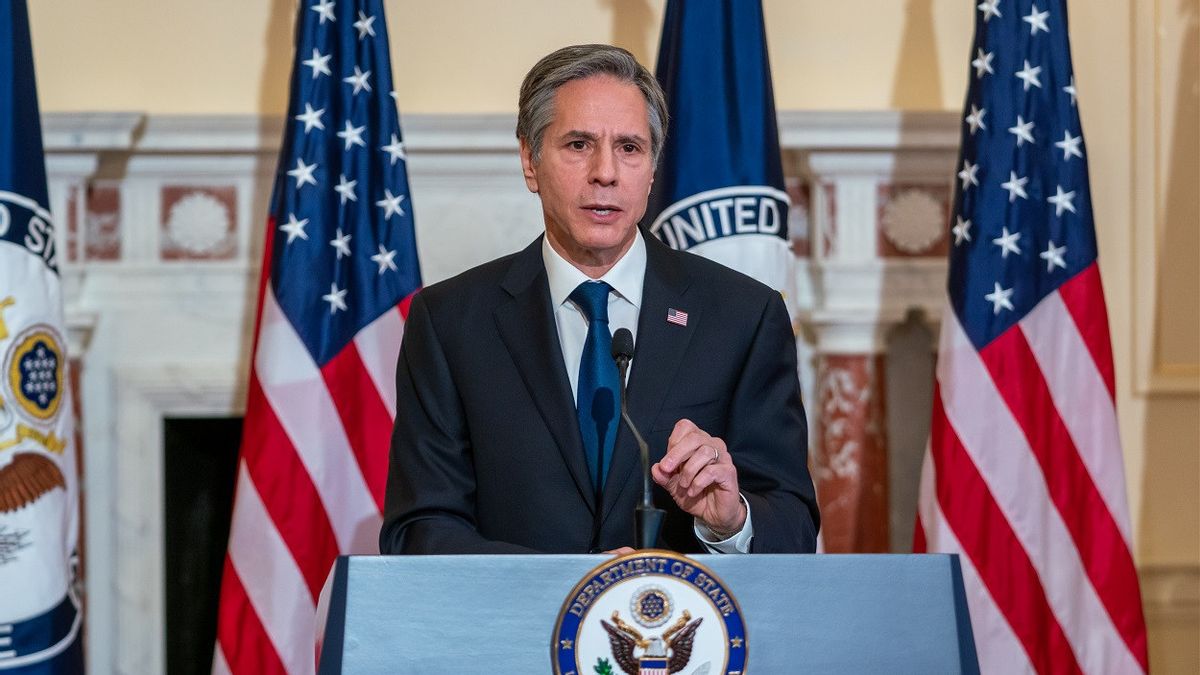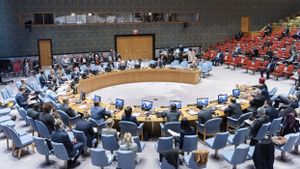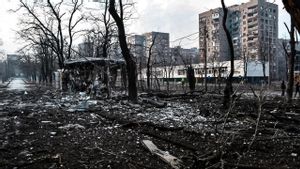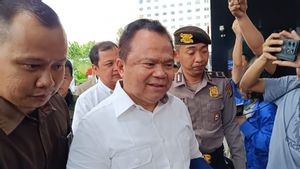JAKARTA - United States Secretary of State Antony Blinken said while Washington was monitoring what some officials described as increasing human rights abuses in India, direct 'reprimands' were rare.
"We regularly engage with our Indian partners about these shared values (human rights) and to that end, we are monitoring some of the latest developments in India, including the increase in human rights violations by some government officials, police and prisons", the foreign minister said. Blinken, on Monday at a joint press conference with US Defense Secretary Lloyd Austin, Indian Foreign Minister Subrahmanyam Jaishankar, and Indian Defense Minister Rajnath Singh, reported to Reuters on April 12.
Foreign Minister Blinken did not elaborate further. Meanwhile, Defense Minister Singh and Foreign Minister Jaishankar, who spoke after Foreign Minister Blinken at the briefing, did not comment on human rights issues.
Foreign Minister Blinken's statement came days after US Representative Ilhan Omar questioned the US Government's alleged reluctance to criticize Indian Prime Minister Narendra Modi's government on human rights.
"What does PM Modi need to do with India's Muslim population, before we stop seeing them as partners in peace?" Omar, who belongs to President Joe Biden's Democratic Party, said last week.
PM Modi's critics say his Hindu nationalist ruling party has fostered religious polarization since coming to power in 2014.
Since Modi came to power, right-wing Hindu groups have launched attacks on minorities, claiming they are trying to prevent religious conversion. Several states in India have passed or are considering anti-conversion laws challenging the constitutionally protected right to freedom of belief.
In 2019, the Indian government passed a citizenship law that critics say undermines India's secular constitution by excluding Muslim migrants from neighboring countries.
The law is meant to grant Indian citizenship to Buddhists, Christians, Hindus, Jains, Parsis, and Sikhs who fled Afghanistan, Bangladesh, and Pakistan before 2015.
SEE ALSO:
That same year, immediately after his 2019 re-election victory, PM Modi's government revoked Kashmir's special status in a bid to fully integrate the Muslim-majority region with the rest of the country. To contain the protests, the government detained many Kashmiri political leaders. sending more paramilitary police and soldiers to the Himalayan region also claimed by Pakistan.
Modi's Bharatiya Janata Party (BJP) recently banned the wearing of headscarves in classrooms in Karnataka state. Hardline Hindu groups later demanded such restrictions in more Indian states.
The English, Chinese, Japanese, Arabic, and French versions are automatically generated by the AI. So there may still be inaccuracies in translating, please always see Indonesian as our main language. (system supported by DigitalSiber.id)


















